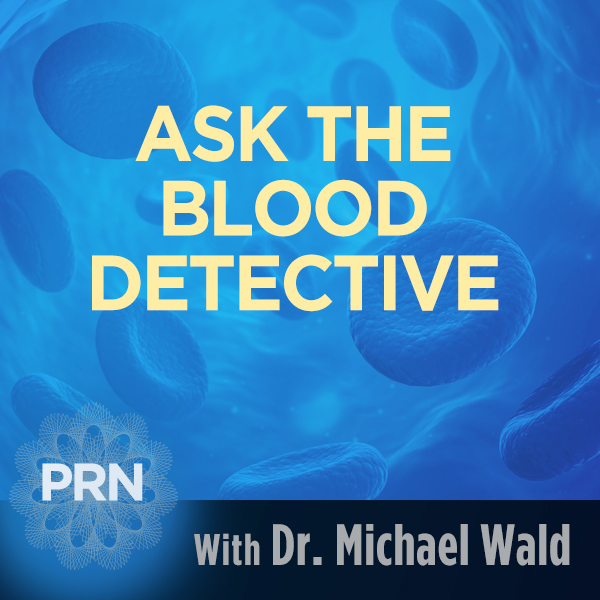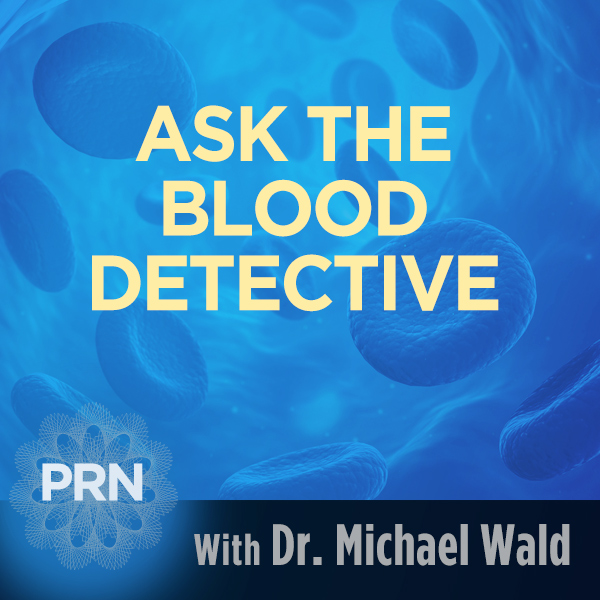Just 20 conditions make up more than half of all spending on health care in the United States, according to a new comprehensive financial analysis…

JAMA Internal Medicine

Extremely provocative and yet absolute true: Psychiatric drug-induced violence and suicide, and the underlying evil that drives pharmaceutical cover-ups! Peter C. Gøtzsche, MD, Danish researcher,…

About 1 in 6 adults in the United States reported taking psychiatric drugs at least once during 2013, according to a new research letter published…

There are a number of things you can resolve to do in order to turn back your biological clock and live longer, whether you’re in…

The U.S. National Health and Nutrition Examination Survey has found that men eat an incredible 57 percent more meat than women. This gender gap can be…

Back in the 1960s, a sugar industry executive wrote fat checks to a group of Harvard researchers so that they’d downplay the links between sugar…


